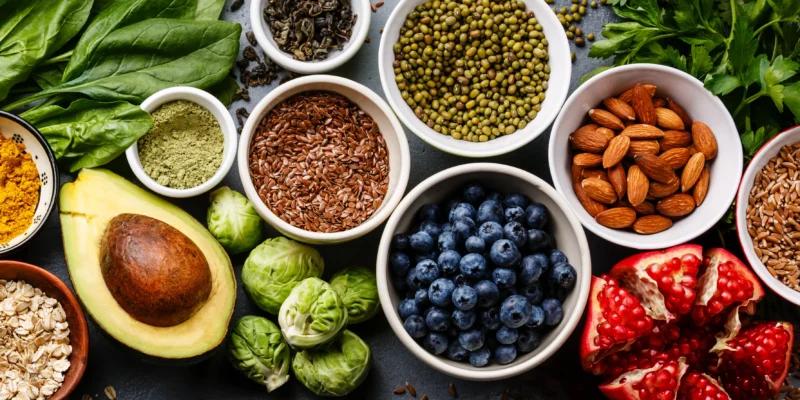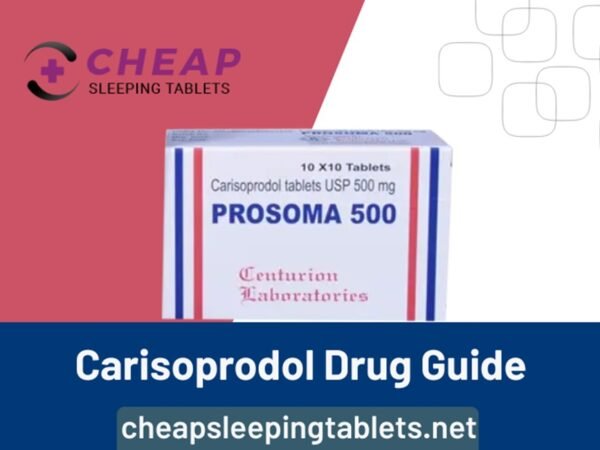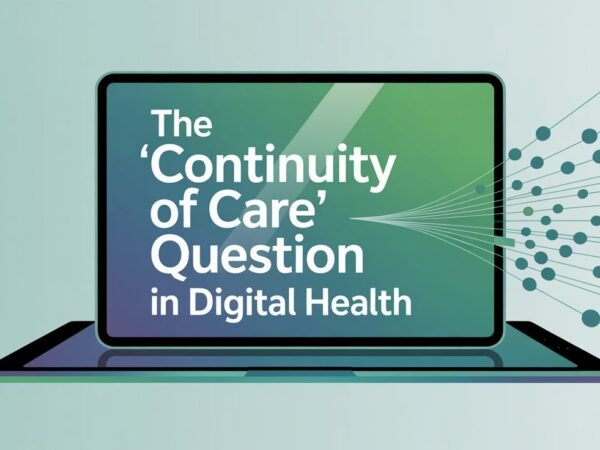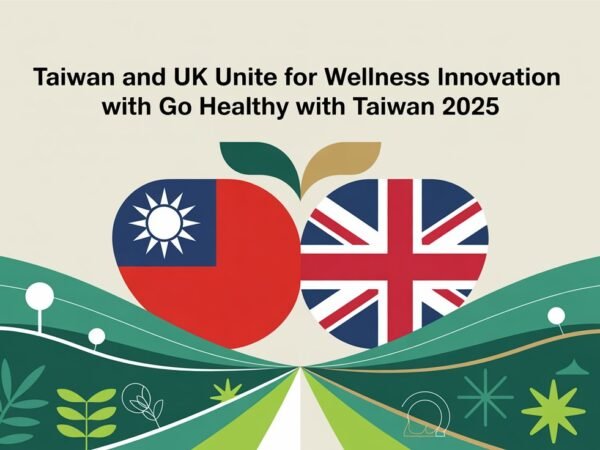Antioxidants are compounds found in foods that neutralize free radicals, unstable molecules known to cause cellular damage—a process linked to cancer development. A diet rich in antioxidants can lower cancer risk by protecting cells and promoting healthier bodily functions. At The Cancer Conversation, we believe in empowering individuals with knowledge about cancer prevention, including the vital role of antioxidants. This article delves into how antioxidants contribute to cancer prevention, focusing on specific antioxidant-rich foods, their mechanisms in the body, and practical ways to incorporate them into daily life.
How Antioxidants Help in Cancer Prevention
Free radicals, generated through normal bodily functions and environmental factors like pollution and UV exposure, can damage cellular DNA, increasing cancer risk. Antioxidants, present in many fruits, vegetables, nuts, and whole grains, work by neutralizing free radicals, which reduces oxidative stress. This preventive action lowers inflammation and supports immune function, essential for cancer prevention.
Recent studies suggest that foods high in antioxidants—such as vitamin C, vitamin E, selenium, and phytochemicals like flavonoids and carotenoids—are particularly effective in reducing cancer risk. These antioxidants play multiple roles: from direct neutralization of free radicals to supporting detoxification processes in the liver and enhancing immune cell functions.
Key Antioxidants and Their Cancer-Preventive Benefits
Vitamin C
Vitamin C is one of the most studied antioxidants for cancer prevention. Known for its role in immune health, vitamin C protects cells from damage and aids in collagen formation, essential for maintaining the integrity of tissues. Research highlights its effectiveness in reducing the risk of cancers like esophageal and stomach cancer, likely due to its ability to neutralize specific types of free radicals associated with these cancers.
Vitamin C is found in a wide array of fruits and vegetables, particularly citrus fruits, strawberries, bell peppers, and leafy greens. Including these foods daily can enhance antioxidant levels and contribute to a cancer-preventive diet.
Vitamin E
Vitamin E, a fat-soluble antioxidant, is critical in protecting cell membranes from damage. It has shown promise in reducing the risk of certain cancers, including prostate and colorectal cancer. While high-dose vitamin E supplements have been controversial, moderate intake through foods like nuts, seeds, spinach, and avocados has been associated with positive health outcomes.
Consuming these foods in balance provides vitamin E naturally, without the risks associated with synthetic supplements, which can interfere with other vitamins if taken excessively.
Selenium
Selenium, a trace mineral, plays a crucial role in antioxidant enzyme functions. It is instrumental in cancer prevention, especially in reducing risks for prostate, lung, and colorectal cancers. Selenium is found in Brazil nuts, seafood, and whole grains, all excellent choices for those looking to increase selenium levels naturally. The mineral also aids in DNA repair and immune response, making it an important nutrient in cancer prevention.
Including selenium-rich foods as part of a balanced diet provides protective effects, as some studies suggest that excessive selenium supplementation might have adverse effects.
Flavonoids and Polyphenols
Flavonoids, found in berries, tea, apples, and onions, and polyphenols, abundant in foods like green tea and grapes, are plant-based compounds with potent antioxidant properties. These compounds have been studied extensively for their role in reducing cancer risk, particularly in breast, prostate, and gastrointestinal cancers.
Flavonoids and polyphenols also have anti-inflammatory effects and support detoxification pathways in the liver, helping the body remove harmful toxins. Incorporating a variety of these foods can enhance cancer protection through a synergistic combination of nutrients.
Whole Foods vs. Antioxidant Supplements: What’s More Effective?
The debate between obtaining antioxidants from foods versus supplements has generated much discussion in the health community. While food-based antioxidants are beneficial, studies on antioxidant supplements yield mixed results. Large-scale studies, including trials with vitamin E and beta-carotene, found no reduction in cancer incidence with high-dose supplements and, in some cases, an increased risk of specific cancers among supplement users.
This discrepancy is likely because whole foods provide a complex mixture of antioxidants, vitamins, and minerals that work together, creating a more effective defense against oxidative stress. Supplements, on the other hand, isolate these compounds, often in unnaturally high doses that can disrupt the body’s balance and, potentially, lead to harmful effects.
For those focused on cancer prevention, it’s best to prioritize a diet rich in antioxidant-containing foods rather than relying on supplements. Whole foods provide a balanced profile of antioxidants that is less likely to cause adverse effects and more likely to contribute to long-term health benefits.
Antioxidant-Rich Foods to Include in a Cancer-Preventive Diet
For a balanced approach to cancer prevention, a diet that includes a variety of antioxidant-rich foods is ideal. Below are some recommended choices for specific antioxidants:
- Vitamin C: Oranges, strawberries, bell peppers, kiwi, and broccoli.
- Vitamin E: Almonds, sunflower seeds, spinach, and avocado.
- Selenium: Brazil nuts, tuna, brown rice, and eggs.
- Flavonoids and Polyphenols: Blueberries, green tea, dark chocolate, and red grapes.
Incorporating a mix of these foods daily can provide a diverse array of antioxidants, supporting overall cellular health and reducing cancer risk.
Practical Tips for Increasing Antioxidant Intake
- Prioritize Colorful Fruits and Vegetables: A variety of colors—such as red tomatoes, orange carrots, and green spinach—indicates a range of antioxidants. Aim for a colorful plate at each meal.
- Add Green Tea to Your Routine: Rich in polyphenols, green tea has been linked to a lower risk of breast and gastrointestinal cancers. Replace sugary drinks with green tea for an antioxidant boost.
- Include Nuts and Seeds as Snacks: Almonds, walnuts, and sunflower seeds provide vitamin E, selenium, and other important nutrients. They’re easy to add as a snack or topping for salads.
- Cook with Olive Oil: A source of vitamin E and polyphenols, olive oil is an excellent base for cooking and salads, providing antioxidants along with healthy fats that support absorption.
- Enjoy Dark Chocolate in Moderation: Dark chocolate is rich in flavonoids and a satisfying treat. Choose dark chocolate with at least 70% cocoa for the highest antioxidant content.
The Cancer Conversation: Supporting a Lifestyle of Prevention
At The Cancer Conversation, we encourage individuals to view cancer prevention as a comprehensive lifestyle approach, one that includes a balanced diet rich in natural antioxidants. By prioritizing whole foods, individuals can enhance their body’s resilience against cellular damage and reduce their cancer risk. Understanding the science behind antioxidants empowers us all to make better choices and incorporate practical, everyday habits that contribute to a healthier, cancer-preventive lifestyle.
In conclusion, while no single food or nutrient can guarantee cancer prevention, a diet rich in antioxidant-dense foods—such as fruits, vegetables, nuts, and whole grains—offers a proactive approach. Adopting this dietary pattern, along with other healthy lifestyle habits, creates a strong foundation for reducing cancer risk and supporting long-term wellness.













